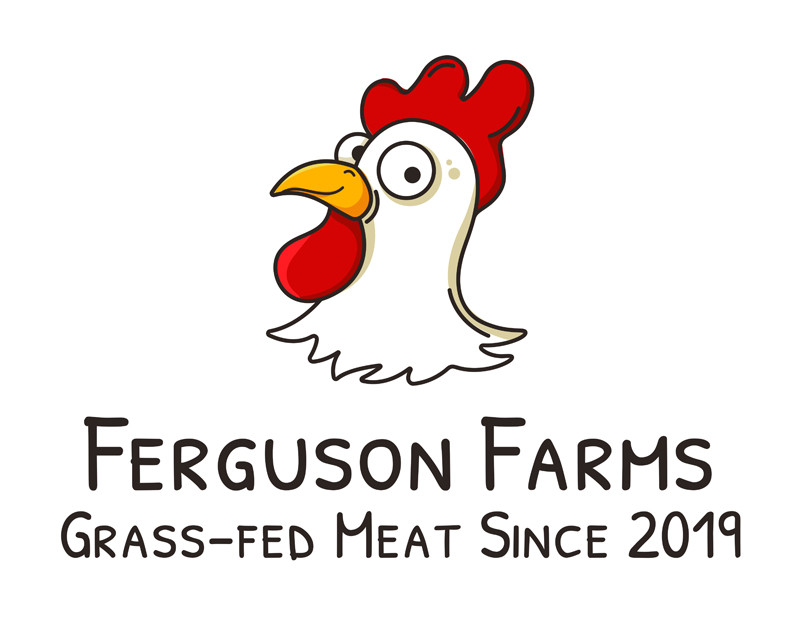Clean Hosting Standard
Learn how to set 'The Clean Hosting Standard' with Ferguson Farms. This blog provides healthy game day recipes and entertaining ideas using 100% grass-fed meats, ensuring you feed a crowd without compromising your clean eating values. Discover tips for stocking your kitchen, crafting full clean menus, and efficient post-event strategies. Authored by Mike Ferguson, Founder & CEO of Ferguson Farms.









